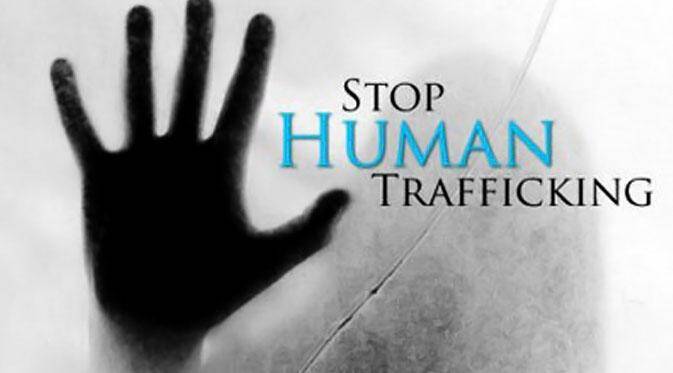
The government, through the Ministry of Homeland Security, says they have added an extra force in the fight against Trafficking in Persons (TIP), which has been a challenge for a long time now.
This was made on Thursday during a meeting where judicial officers and international partners validated a bench book that will guide sentencing on TIP cases.
In his remarks, Principal Secretary in the Ministry of Homeland Security Dr. Steven Kayuni said that the ministry is working tirelessly with the judiciary to ensure that cases of TIP come to an end by ensuring that there should be no difference in sentences when someone commits such crimes.
Kayuni attributed the disparities in sentences to the fact that two people would commit the same offence but receive different sentences from different courts.
“The judiciary, National Coordination Committee Against Trafficking in Persons and different partners come up with bench book on Trafficking in Persons offences to address some of the challenges and misunderstandings we have been encountering on TIP issues,” he said.
Malawi Chief Justice Rizine Mzikamanda points out that the TIP Act has faced challenges since it was enacted in 2015, and therefore, it is necessary to address these challenges to show seriousness.
The Director for the Catholic Development Commission in Malawi (CADECOM) in Blantyre, Mandinda Zingu, expressed that they are seeking a strong TIP law that will safeguard victims of these cases.
Zungu added that they have been working with Plan International with support from the United States Department of State in the districts of Mwanza and Mulanje where TIP cases are frequently occurring.
On July 30, 2024, the Benchbook for Trafficking in Persons offences and related offences is expected to be launched which is also World Day Against Trafficking in Persons.
Trafficking in Persons includes elements of recruiting, harbouring, transporting, providing, or obtaining a person for exploitation. The three most common forms of trafficking are: Labor Trafficking, Sex Trafficking, and Child Soldiering














